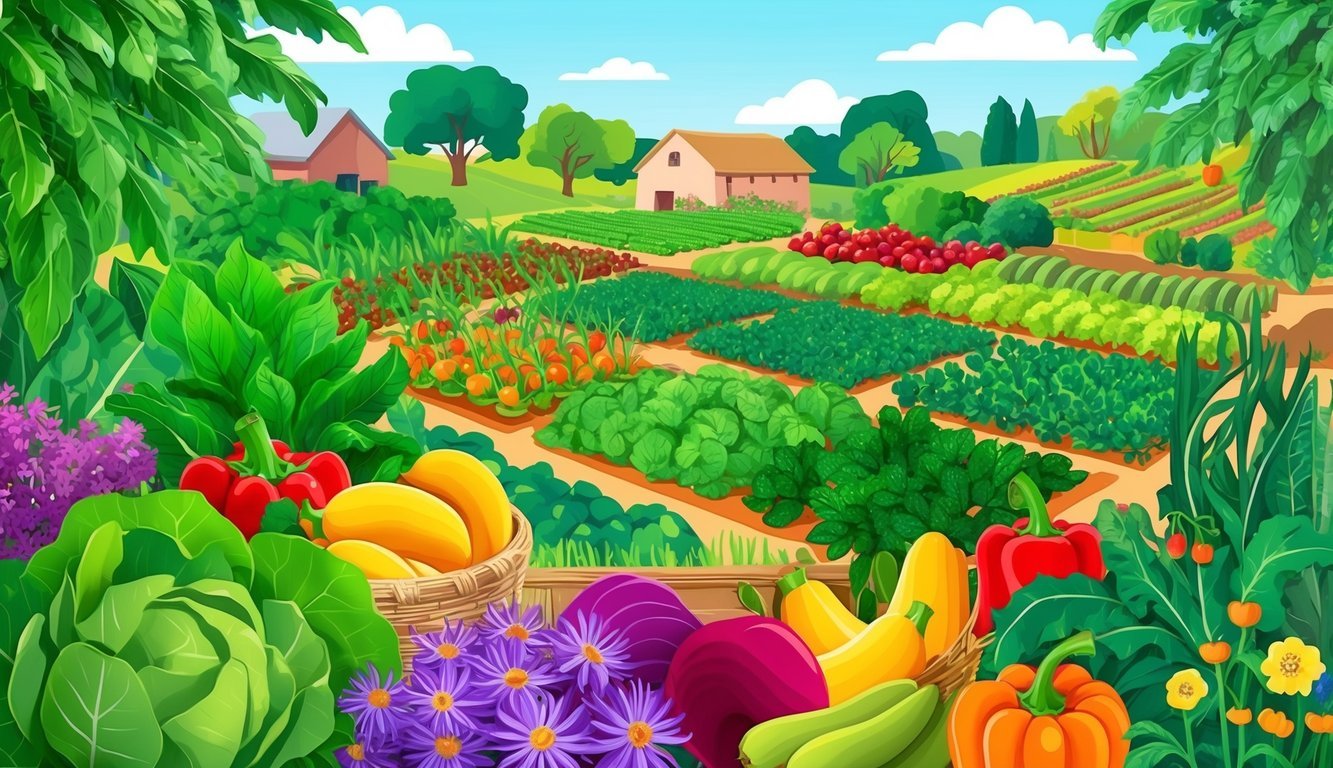
Frédéric Faure, the Vice-President of Biocoop, stands at the helm of France’s largest organic retail network, boasting over 740 stores across the country. Established in 1986, Biocoop has established itself as a leader in the organic product distribution landscape in France.
Challenges and Cooperative Principles
However, Faure reveals that achieving this status has not been without its challenges. Over nearly forty years, the organization has faced numerous growth crises, shifts in the market, and ethical dilemmas. Their unique blend of cooperative principles with a robust approach to retail has proven to be more effective than alternatives in navigating these hurdles.
What truly differentiates Biocoop is its pioneering cooperative model, the first of its kind in France. This structure brings together farmers, retailers, employees, and customers, forming an interconnected ecosystem. Alongside providing high-quality organic products, Biocoop adheres to stringent internal standards that surpass French and European organic regulations. Moreover, social elements, including fairness and company size, are critical factors in their product assessments.
Market Trends and Consumer Support
The loyalty and dedication of Biocoop’s customers play a significant role in solidifying its market position. Consumers who resonate with the company’s principles have contributed markedly to its ongoing success.
From day one, cooperation has been embedded in Biocoop’s core identity. Faure points out that employees from various sectors—cooperative members, retail outlets, and agricultural operations—can all take on the role of member-owners, thus gaining a stake in the governance of the organization. By collaborating with other cooperatives, Biocoop fosters both economic partnerships and shared values. Furthermore, it mandates that all farmers associated with Biocoop enroll in cooperatives.
While Biocoop functions like any other company in some respects, it remains deeply rooted in cooperative ideals. The organization has developed management structures and operational supports, yet it prioritizes member participation in decision-making processes. Various committees composed of elected members and employees play a vital role in shaping the cooperative’s strategic direction.
Future Outlook and Resilience
Faure underscores Biocoop’s mission to embody sustainability and resilience in a world that increasingly demands these attributes, all while advocating for equitable trade practices.
When discussing the foundational values that guide Biocoop, Faure refers to its mission statement, which emphasizes a commitment to fostering organic agriculture grounded in fairness and collaboration. Partnering with producer groups, Biocoop seeks to establish fair trade channels aligned with strict social and ecological standards. The cooperative places immense importance on operational transparency and the traceability of its supply chain, highlighting its stores as platforms for encouraging responsible consumer choices. Although daily implementation presents challenges, the spirit of cooperation continues to be a significant asset for the organization.
As Faure turns his attention to the obstacles facing the organic market in France, he identifies the preservation of organic, fair trade, and local quality sectors as vital. He notes the sector’s recent struggles were unexpected for many, particularly those who anticipated that organic practices would gain momentum fueled by an environmentally conscious public. This sentiment is reflected across Europe.
Despite these challenges, Faure expresses optimism regarding the market’s current resurgence, reporting a growth of 8% compared to the previous year, as detailed in a November 2024 interview. Yet, he cautions that production hurdles must be addressed, particularly the slow transition to organic farming practices. Protecting existing production and processing capabilities is crucial.
Expanding to the broader European organic industry, Faure notes a similar narrative. The market initially thrived with growth rates of around 20%, spurred by supermarket interest and sector enthusiasm. However, a downturn emerged as a consequence of the pandemic’s impact on consumer behavior, resulting in an approximate 20% market contraction.
Nevertheless, signs of recovery are emerging, though some repercussions remain. Currently, the market stabilizes, growing slightly above inflation, with a slight drop in volume. Although the number of specialist distributors and supermarket participation has decreased, Faure believes the resilience of the organic sector is evident, as consumers increasingly seek sustainable solutions to future challenges, particularly those related to climate change.
Looking forward, Faure harbors hope for the future of organic farming in Europe. He is convinced that organic practices will gradually become mainstream. Even amidst skepticism fueled by significant societal changes, he foresees a renewed public awareness on the horizon. He highlights the unyielding support from loyal consumers during turbulent periods, emphasizing the critical connections among food, health, agricultural practices, and our relationship with the planet. This interconnectedness is essential for crafting a secure and fulfilling future. Ultimately, Faure envisions a bright trajectory for organic farming and its transformative potential in the days ahead.
Source: Bioecoactual

